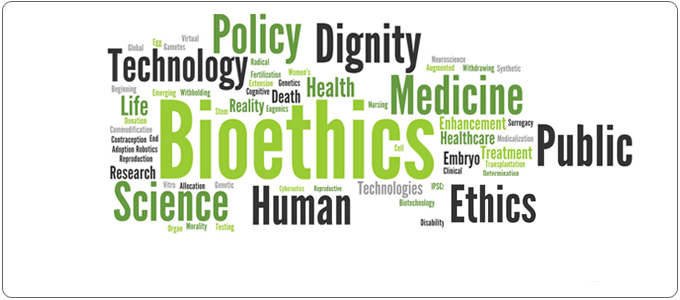Source: The Center for Bioethics and Human Dignity
In a week when two state legislatures passed bills requiring drug companies to justify drug prices, a panel at the BIO convention Monday on the ethics of drug discovery drew perhaps 50 people – a stark contrast to the standing-room only sessions in which biotech company execs presented boilerplate PowerPoint presentations.
The rest of the attendees missed a timely discussion of the complex issues facing biotech, including how to price drugs so the interests of both companies and the patient population are best served, and what a biotech company can do – or should so – about the increasing calls for transparency.
BioCentury’s Washington Editor Steve Usdin has been hosting interactive panels for several years at BIO, structuring them as a mock board-of-directors meeting. These fictional board members debate a series of questions Usdin poses, and the audience weighs in by casting votes via smart phone app.
This year’s panelists brought together a variety of perspectives. J. Leighton Read, a partner at Alloy Ventures, served as CEO. Hank Greely, from Stanford’s Law School; Pamela Gavin, of the National Organization of Rare Disorders; and the FDA’s Richard Moscicki took on the roles of board members of a company called iCures. This pretend company has not one, but two potential leads for serious illnesses with unmet needs – Alzheimer’s and type 2 diabetes. The board debated how to allocate limited resources, how to price the therapy, and whether to in-license a drug and quadruple its price (simply because they could).
The board agreed on a few things, such as securing partnerships to finance their drugs. They debated the wisdom of keeping the price of a drug lower than it might receive in the open market, as a way of insuring greater uptake, which ultimately would bring greater rewards to the company (and would be a good PR play), although they mused over whether there were any good models for determining the kinetics of uptake for maximizing profits.
Yet the issue of transparency scored the highest cohesion – to a person, the board was against supporting legislation that requires it, though not entirely for the same reasons. The arguments included the unfairness of singling out one industry for scrutiny, although one board member pointed out that iPhones and drugs are quite different animals, as not everyone wants or needs an iPhone, but everyone at some time in their life will need healthcare. And there was the argument that the data might not make much sense to the public anyway, given the complexity of developing a drug and bringing it to market. And finally, quite apart from ethical considerations, there was the idea that it is just plain bad policy for the government to get involved with pricing drugs (although we might be the only industrialized nation that doesn’t allow it in some form or another.)
So it’s a pity that more people didn’t attend this panel. In general, it seems the emphasis on ethics has taken a back seat at BIO this year. There was a time when BIO had a robust ethics track, but here in San Francisco the offerings are paltry. Is this because there simply weren’t many submitted, or because BIO’s selection committee did not see fit to choose them? Either way, ethical issues are at the forefront for a public that already views drug makers unfavorably. The BIO convention needs more panels like this, and fewer sessions in which industry folks pat each other on the back for a job well done.

Please sign in or register for FREE
If you are a registered user on Research Communities by Springer Nature, please sign in